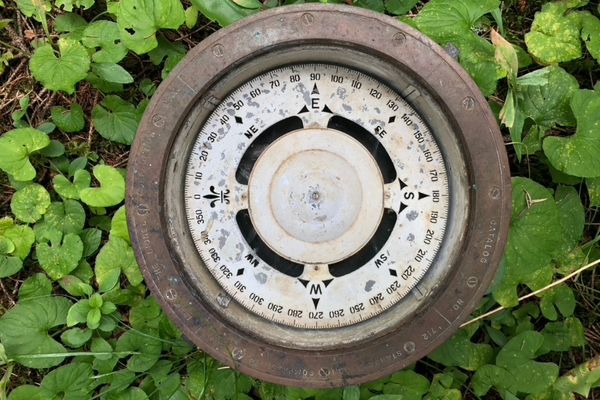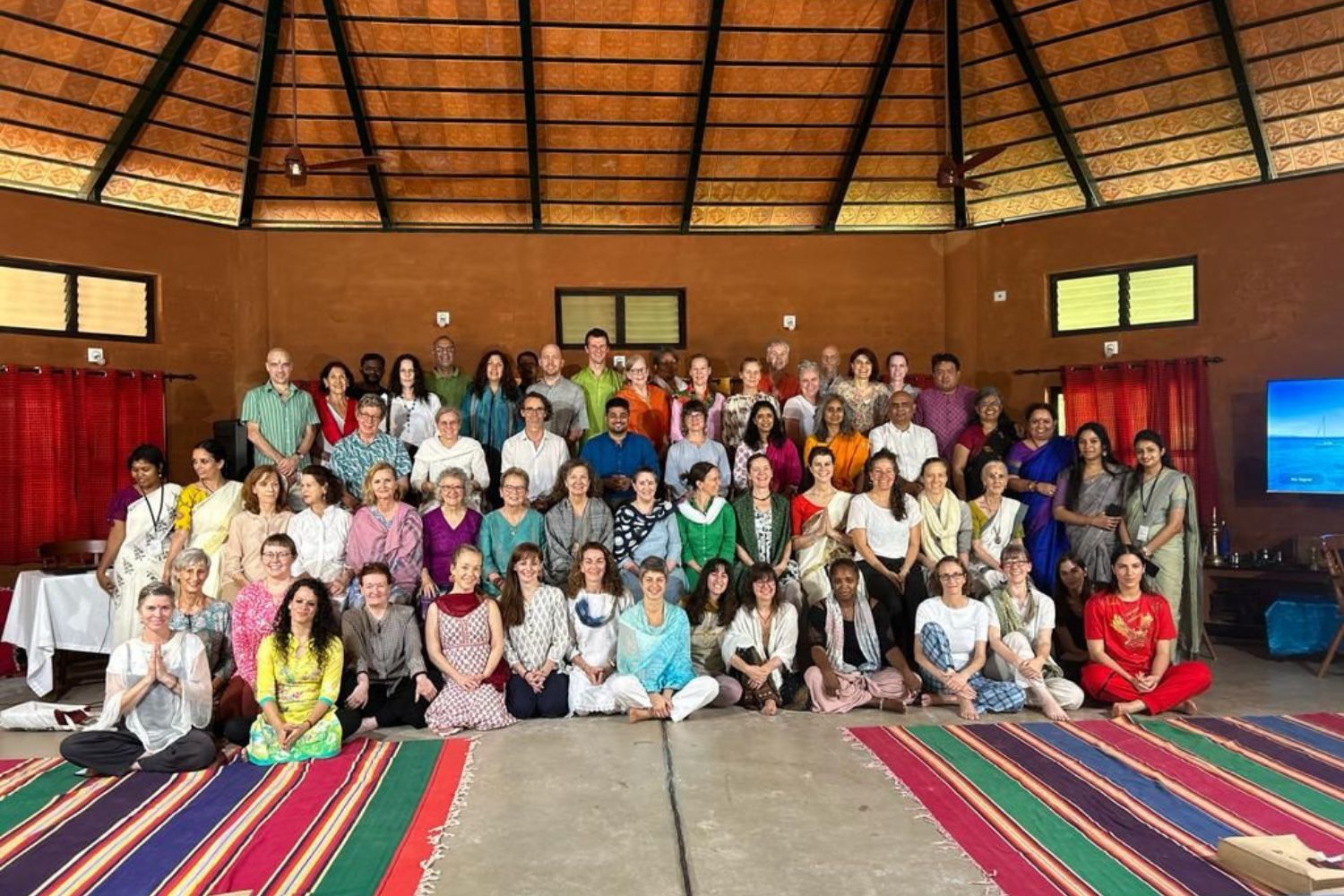Welcome to satsangam.net
Orienting students to the context in which Indian wisdom traditions exist

~ Neem Karoli Baba

~Fred Smith

~Caraka Saṃhitā: Śārīrasthāna:V:7

~Suśruta Saṃhitā: Sūtrasthāna:IV:5-6

~Nina Rao

~Dr. Robert Svoboda

~Dr. Robert Svoboda

~Allison Dennis




